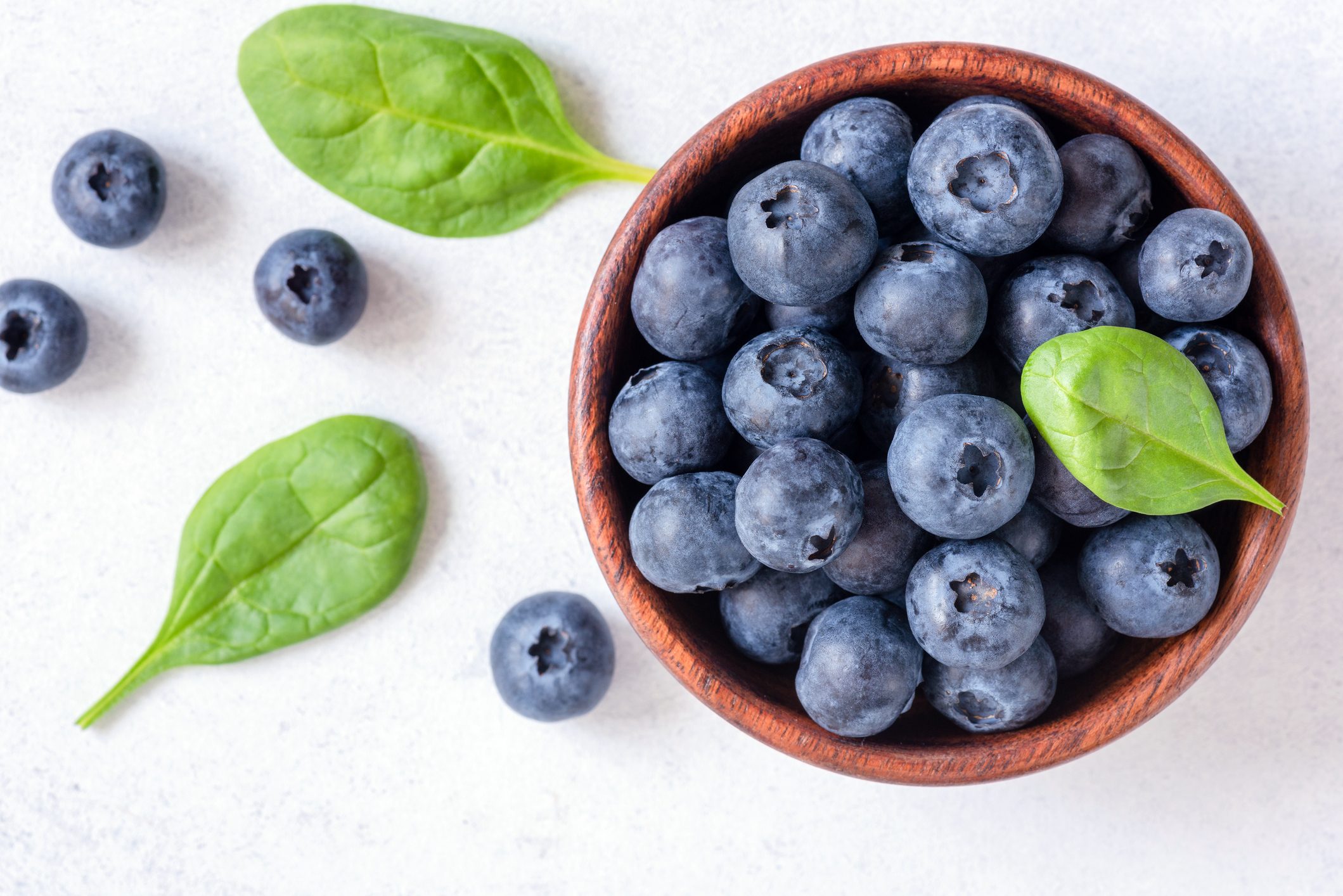Cherries are good for the heart, they reduce the risk of heart attack: here are the reasons
These antioxidants in fact are able to reduce the risk of death from heart attack and stroke, in addition to generally improving our state of health and they are also used as food additives with the code E163.
;Resize,width=742;)
In sour black cherries, as in many other red fruits, there are anthocyanins, flavonoids that are good for the heart. These antioxidants in fact are able to reduce the risk of death from heart attack and stroke, in addition to generally improving our state of health and they are also used as food additives with the code E163.

The sour cherries contain flavonoids which reduce the risk of heart disease and the consequent risk of death. The confirmation comes from researchers at Northumbria University who analyzed the data collected from 19 different studies and they explain the reasons.
Sour black cherries and anthocyanins
The sour black cherries, as well as other red fruits as marasca cherries, contain water-soluble pigments from the Flavoindian family, the anthocyanins, which have positive effects on the health of our heart: they reduce the risk of death from heart attack and stroke. From data collected from 620,000 people analyzed in 19 different studies, scientists know that an effective benefit for the heart has emerged for those who eat these red fruits: we are talking about a 9% reduction in the risk of suffering from heart problems and of 8% of dying due to diseases associated with the heart, such as stroke and heart attacks. "Our analysis is the most comprehensive assessment of the association between anthocyanin intake in the diet and the risk of cardiovascular disease," the experts explain.

The effects of anthocyanins
Experts say that anthocyanins have positive effects on our health because they reduce cholesterol levels, triglycerides and blood pressure, and they could also reduce the risk of developing type 2 diabetes and premature death from all causes. And there is more. These flavonoids also facilitate the quality of our sleep, recovery time from exercises, reduction of inflammation and bowel health.

E163, food additives
The anthocyanins are found not only in red fruits, but also, for example, in eggplants, as well as in the form of food additives with the code E163 in yogurt, jams, packaged ice cream and sauces and they have no side effects for humans.
;Resize,width=767;)
;Resize,width=712;)
;Resize,width=712;)
;Resize,width=712;)
